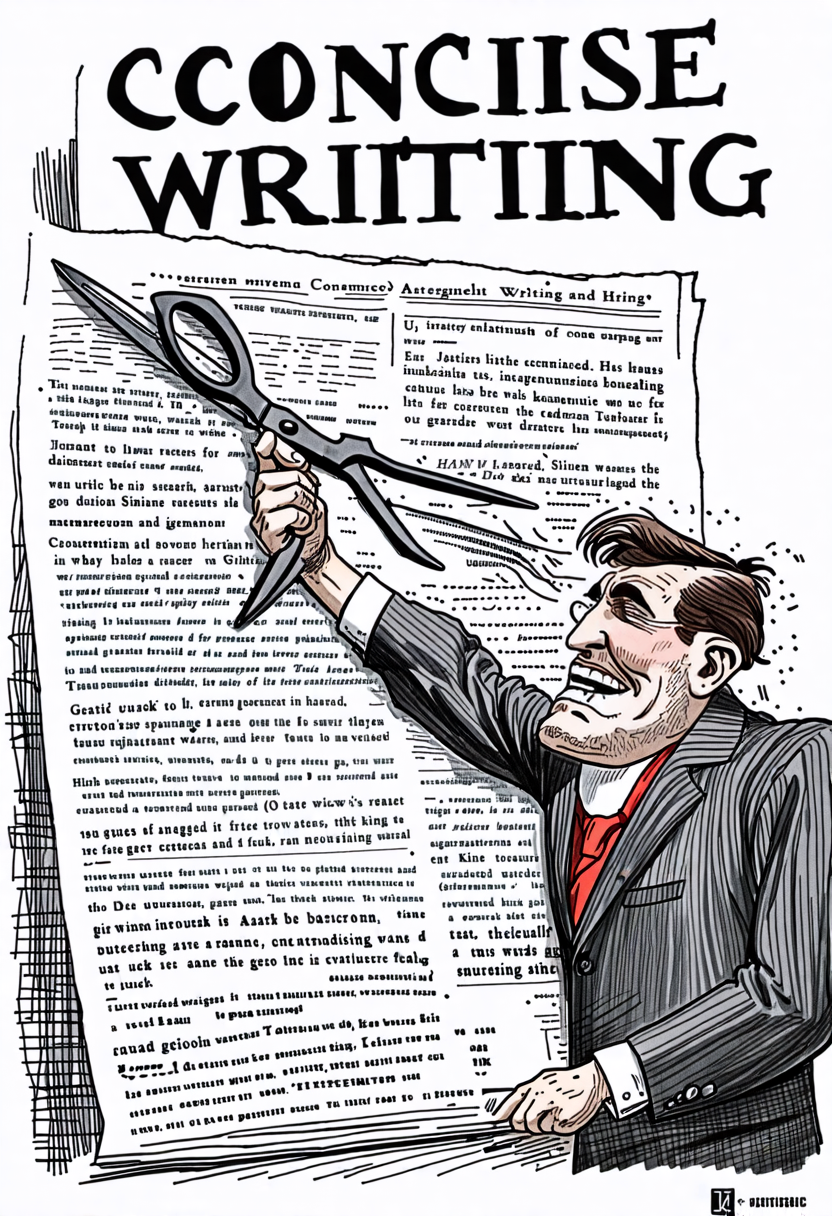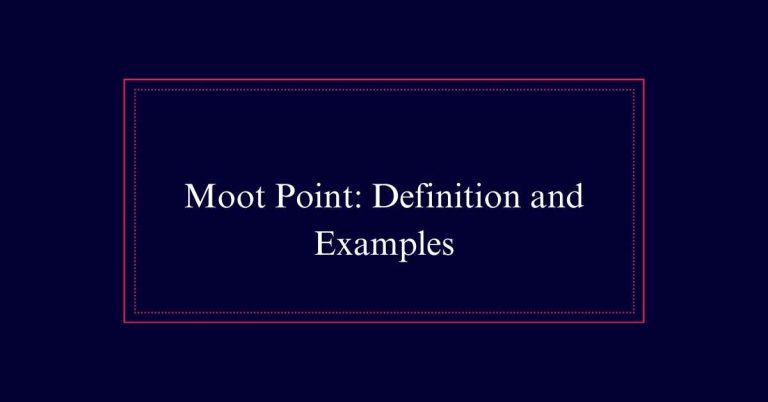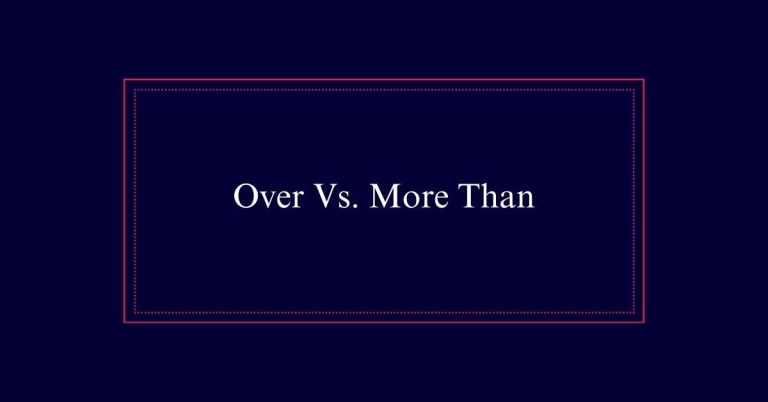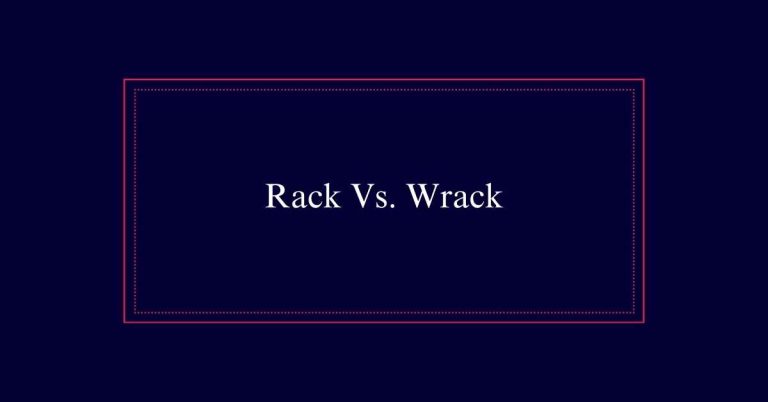Concise Writing: Meaning and Why Does It Matter?
Concise writing conveys ideas clearly and directly using the fewest words possible. It eliminates redundant words, sharpens the core message, and replaces weak adjectives with strong ones.
This style enhances communication efficiency by ensuring the main message is clear and free from distractions. Concise writing saves time for both the writer and reader and demonstrates respect for the reader’s time. It reduces the risk of misinterpretation and improves the overall readability of a text.
What Is Concise Writing?
Concise writing is the practice of expressing ideas clearly and directly with the fewest words possible. It involves eliminating redundant words that distract readers and dilute the message.
Cutting tautologies simplifies sentences, making them more impactful and easier to understand. Strong adjectives replace weak ones, adding vibrancy and reducing word count. Removing vague and unnecessary nouns improves clarity and maintains the focus on essential points.
Filler words, which add no value, are also eliminated to tighten sentences. Additionally, constructing sentences in the active voice sets a direct tone and grabs the reader’s attention. This practice results in writing that is sharp, clear, and efficient, enhancing overall communication effectiveness.
Importance of Concise Writing
Clear and direct writing not only enhances understanding but also greatly improves communication efficiency. Concise writing eliminates unnecessary words, ensuring that the main message is clear. This precision helps readers quickly grasp the essential points without distractions.
By focusing on clarity, writers can convey their ideas more effectively, reducing the risk of misinterpretation. Concise writing also saves time for both the writer and the reader. It enables faster comprehension and decision-making.
In professional settings, this efficiency is vital for productivity and effective collaboration. Additionally, concise writing demonstrates respect for the reader’s time, fostering a positive relationship between the writer and the audience.
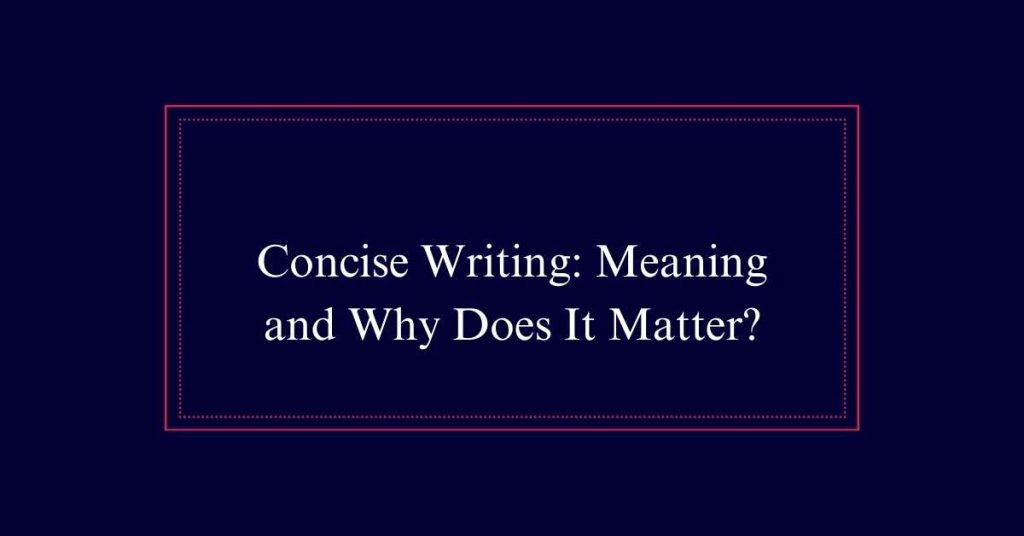
Eliminating Redundant Words
Eliminating redundant words streamlines writing and sharpens the core message. Redundant words create unnecessary complexity, distracting readers from the main point.
Cutting tautologies, such as ‘free gift’ or ‘basic fundamentals,’ simplifies sentences. Removing these helps the reader to grasp the message quickly.
When sentences are cluttered with extra words, the communication speed slows. This can frustrate readers and cause them to lose interest.
Simplifying sentences enhances clarity, ensuring that the intended message is clear and direct. Additionally, concise writing respects the reader’s time by delivering information efficiently.
The practice of eliminating unnecessary words not only improves readability but also strengthens the overall impact of the text, making it more engaging and effective.
Strengthening Adjectives
Building on the importance of eliminating redundant words, selecting strong adjectives is another key component of concise writing. Weak adjectives often require additional words to convey the intended meaning. Instead, strong adjectives can communicate the same idea more powerfully and succinctly.
For example, instead of saying ‘very happy,’ use ‘elated.’ This not only trims the sentence length but also enhances its impact.
Strong adjectives make your writing more vibrant and engaging. They help convey your message clearly and directly. A well-chosen adjective can replace several weaker ones, improving readability.
Enhancing your vocabulary with strong adjectives can transform your writing from mundane to compelling. Remember, concise writing is not just about being brief but also about being effective.
Using Descriptive Adjectives
Descriptive adjectives bring your writing to life by painting vivid pictures in the reader’s mind. These words add depth and detail, making your text more engaging and memorable. By choosing the right adjectives, you can convey emotions, set the scene, and create a more immersive experience for your audience.
Here are a few reasons why descriptive adjectives matter:
- Enhanced Imagery: They create clear images that make your writing more appealing.
- Emotional Connection: They help readers connect emotionally with your text.
- Improved Clarity: They provide specific details that clarify your message.
- Engaged Readers: They hold the reader’s attention by making the content more interesting.
Removing Vague Nouns
Precise nouns sharpen your writing by focusing on specific details.
Vague nouns, such as ‘thing,’ ‘stuff,’ or ‘situation,’ fail to convey clear meaning. They leave readers guessing and dilute your message.
Replacing vague nouns with specific ones enhances clarity and precision. For example, instead of saying ‘The thing broke,’ saying ‘The glass vase broke’ provides a clearer picture.
Specific nouns help readers understand your point quickly and accurately. They eliminate confusion and keep the writing succinct.
Benefits of Direct Writing
Clear writing avoids unnecessary words, and direct writing enhances reader understanding by focusing on the main points. Direct writing conveys information efficiently, making communication more effective. It aids in clarity and guarantees that the reader grasps the message quickly.
The benefits of direct writing are numerous:
- Improved Comprehension: Readers understand the message without confusion.
- Time Efficiency: Information is conveyed swiftly, saving time for both writer and reader.
- Enhanced Engagement: Clear points keep the reader’s attention and interest.
- Professionalism: Direct writing reflects a professional tone and competence.
Eliminating Filler Words
Removing filler words enhances the clarity and impact of your writing. Filler words like ‘very,’ ‘really,’ and ‘just’ add no value. They waste space and dilute your message.
By eliminating these words, you tighten your sentences and make your writing more direct. This practice helps readers focus on the essential points without distractions. Using precise language speeds up communication and improves understanding.
For instance, instead of saying ‘really important,’ use ‘crucial.’ Instead of ‘in order to,’ simply use ‘to.’ These changes may seem small but greatly streamline your writing.
Constructing Active Sentences
Active voice injects energy and clarity into your writing. It makes your sentences more direct and engaging. Unlike passive voice, which often results in longer, less impactful sentences, active voice is concise and easier to understand.
Here are four reasons to use active sentences:
- Engagement: Active sentences keep the reader’s attention.
- Clarity: They provide a clear subject-action structure.
- Conciseness: Active voice eliminates unnecessary words.
- Strength: It conveys a stronger, more confident tone.
Enhancing Reader Understanding
How can we make our writing more comprehensible to readers? The key is to simplify and clarify.
Eliminate redundant words; they distract readers and slow down communication. Use strong adjectives to make sentences concise and vibrant. For instance, ‘huge’ is better than ‘very big.’ Avoid vague nouns that obscure the main point. Precise language keeps the message clear and direct.
Remove filler words that add no value. Words like ‘really’ and ‘just’ can often be omitted. Construct sentences in the active voice. Active sentences are clearer and more engaging. For example, ‘The team completed the project’ is better than ‘The project was completed by the team.’
Frequently Asked Questions
How Can Concise Writing Improve Business Communication?
Concise writing enhances business communication by eliminating redundancy, enhancing clarity, and speeding up message delivery. This guarantees that essential points are conveyed effectively, capturing the reader’s attention and facilitating quicker decision-making.
What Role Does Concise Writing Play in Academic Papers?
Concise writing in academic papers enhances clarity, making complex ideas more accessible. It eliminates redundancy, strengthens arguments, and promotes efficient communication. This fosters better comprehension and engagement from readers, ultimately enhancing the paper’s impact and credibility.
Can Concise Writing Techniques Benefit Creative Writing?
Yes, concise writing techniques benefit creative writing by enhancing clarity and impact. They eliminate redundancy, strengthen language, and maintain reader engagement, ensuring that every word serves a purpose and contributes to the overall narrative.
